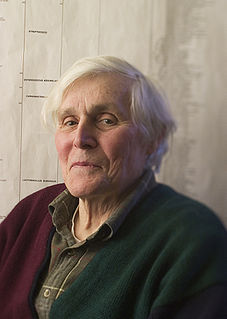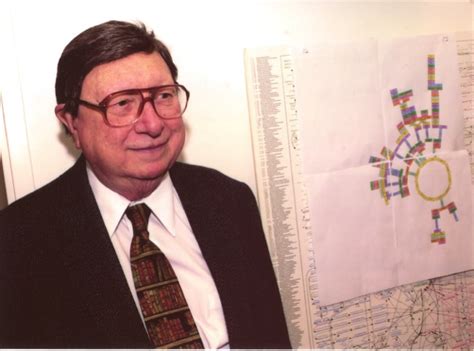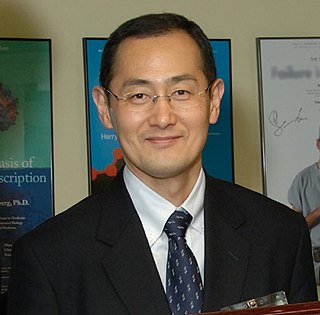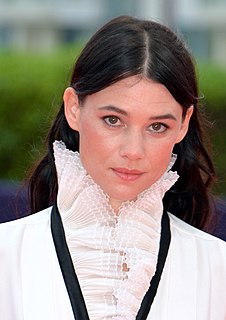A Quote by E. O. Wilson
We have to create a sustainable environment, worldwide, and we're not doing it. The best thing we can do with the rest of this century is aggressively acquire - and put aside - the richest natural reserves that we can, and then do our best to manage the needs and desires of the 11 billion people we expect to have by the end of the century. This is where biology is headed. For that reason, the sooner we get on with mapping biodiversity on Earth, the better off biology will be - not to mention the whole subject of saving it before we carelessly throw it away.
Quote Topics
Acquire
Aside
Away
Before
Best
Better
Better Off
Billion
Biodiversity
Biology
Century
Create
Desires
Doing
Earth
End
Environment
Expect
Get
Headed
Manage
Mapping
Mention
Natural
Needs
Off
Our
People
Put
Reason
Reserves
Rest
Richest
Saving
Sooner
Subject
Sustainable
Then
Thing
Throw
Whole
Will
Worldwide
Related Quotes
I'll say that this is probably the best time for poetry since the T'ang dynasty. All the rest of the world is going to school on American poetry in the twentieth century, from Ezra Pound to W. S. Merwin, and for very good reason. We have soaked up influence in the last century like a sponge. It's cross-pollination, first law of biology, that the more variety you have the more health you have.
The students of biodiversity, the ones we most need in science today, have an enormous task ahead of molecular biology and the medical scientists. Studying model species is a great idea, but we need to combine that with biodiversity studies and have those properly supported because of the contribution they can make to conservation biology, to agrobiology, to the attainment of a sustainable world.
I took biology in high school and didn't like it at all. It was focused on memorization. ... I didn't appreciate that biology also had principles and logic ... [rather than dealing with a] messy thing called life. It just wasn't organized, and I wanted to stick with the nice pristine sciences of chemistry and physics, where everything made sense. I wish I had learned sooner that biology could be fun as well.
The second half of the 20th century was a golden age of molecular biology, and it was one of the golden ages of the history of science. Molecular biology was so successful and made such a powerful alliance with the medical scientists that the two together just flourished. And they continue to flourish.


































